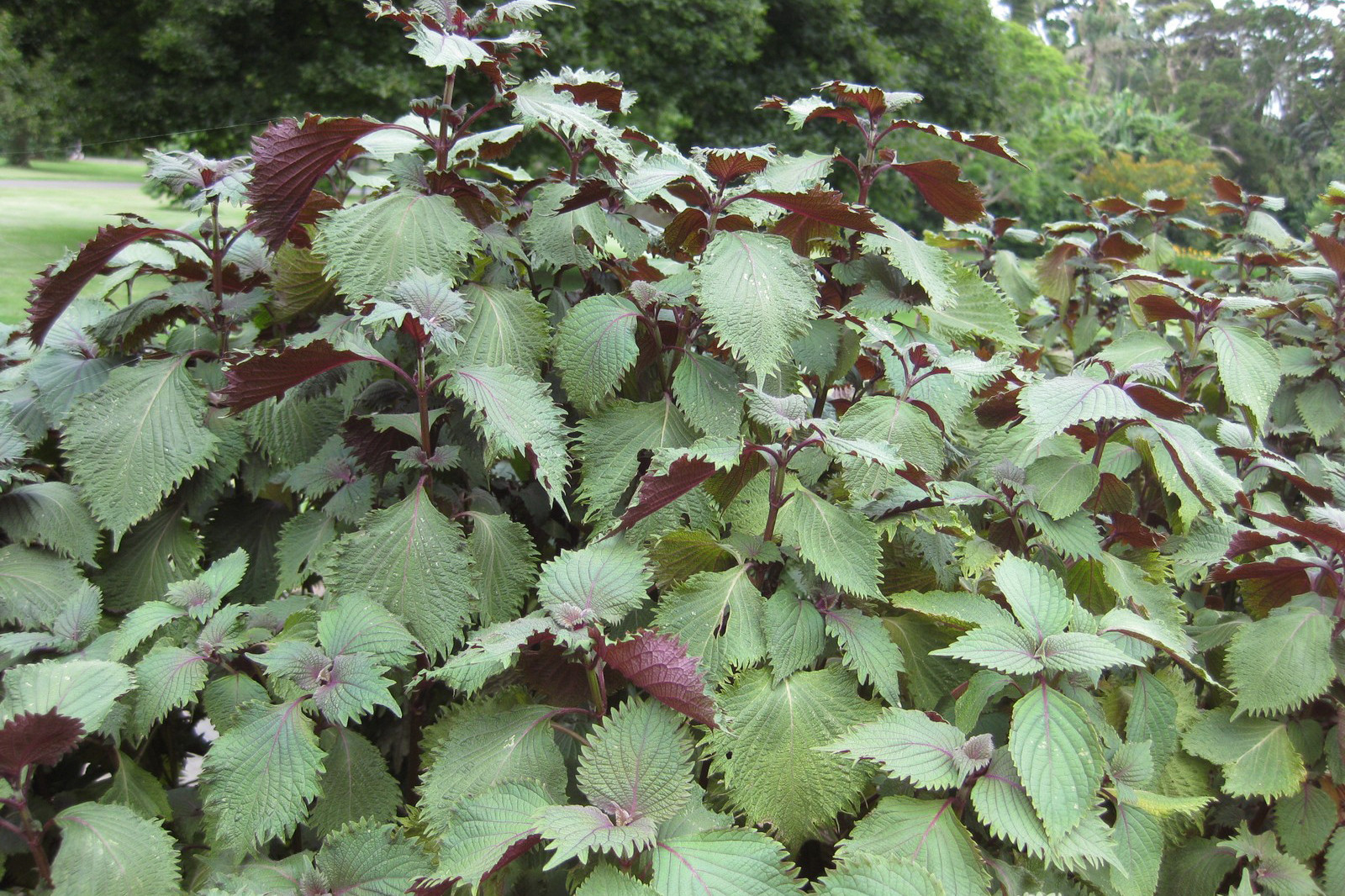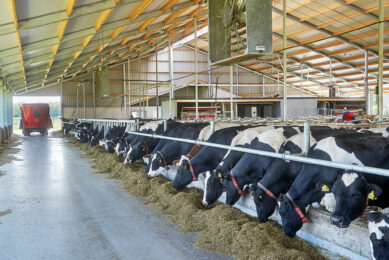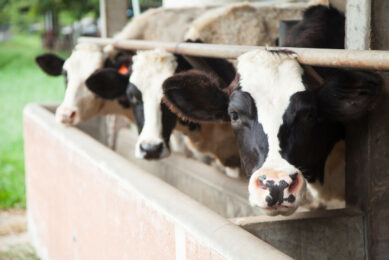Perilla frutescens seeds reduce methane

A research team from China and the US showed that extracts of 12 medicinal herbs effectively lowered the methane production from ruminants, in particular extract of Perilla frutecsens seeds.
Mitigation of the methane (CH4) emission from ruminants is needed to decrease the environmental impact of ruminant animal production. Many products (including plant extracts/herbs) have been tested over the years. However, few studies have systematically evaluated medicinal herbs for their effect on CH4 production or on the rumen microbiota. In this study, published in Applied Microbiology and Biotechnology, extracts from 100 medicinal herbs were assessed for their ability to decrease CH4 production by rumen microbiota in vitro.
The researchers showed that the extracts of 12 herbs effectively lowered the CH4 production, with the extract of Perilla frutescens seeds being the most effective. This plant is also known as the beefsteak plant. The decreased CH4 production induced by the seed extract of this plant was accompanied by an increased abundance of Ruminobacter, Selenomonas, Succinivibrio, Shuttleworthis, Pseudobutyrivbrio, Anaerovibrio, and Roseomonas and a decreased abundance of Methanobrevibacter millerae. The abundance of Pedobacter, Anaeroplasma, Paludibacter, Ruminococcus, and unclassified Lachnospiraceae was positively correlated with the CH4 production, with no effects on volatile fatty acids.
The researchers suggest that, based on this study, medicinal herbs may be used to mitigate the CH4 emission from ruminants.
[Source: Springer Link]











